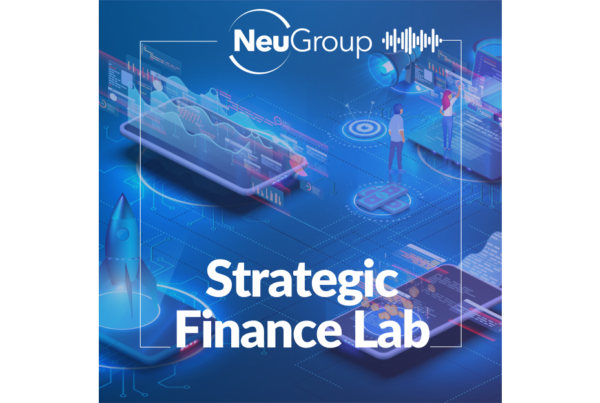
Compliance officers at the Office of Foreign Assets Control offer insights on bank sanctions and licensing issues.
At a meeting this week of NeuGroup’s Russia-Ukraine Crisis working group, a compliance officer from the Office of Foreign Assets Control acknowledged that the significant reduction in unsanctioned banks available to work with multinational corporations in Russia presents obstacles to companies authorized to do business in the country under US and other sanctions regimes, including firms supplying medicines.
The session, moderated by NeuGroup senior executive advisor Paul Dalle Molle, began with introductions of two OFAC officers, information about sanctions objectives and tools and the five key components of an effective corporate sanctions compliance program:
- Management commitment
- Risk assessments
- Internal controls
- Testing and auditing
- Training
Bank frustration. One of the main pain points facing multinationals still doing business in Russia is what Mr. Dalle Molle described as “the structural frustration of having business that is allowed under the sanctions but which companies can’t get done because there are no banks available to assist them.” The banking issue affects corporates authorized to export products including medicine, medical devices and agriculture commodities.
- “That is something that we acknowledge is a difficulty,” the OFAC officer said. “You get a recent action notice that says a bank you’ve been transacting with is suddenly designated and you can’t do business with them. I understand that is very jarring, very impactful.”
- However, in response to a member who asked, “can OFAC share a sense of the likelihood of having more banks sanctioned/join the [Specially Designated Nationals] list,” the officer said OFAC will not “preview” that it plans to designate an entity, in part because that could allow it to take actions that undermine the purpose of putting the bank on the sanctions list.
- But he noted that, “in a lot of our designations, of banks in particular, we’ve published general licenses that authorize a gamut of wind-down activities” that may ease the burden on corporates affected by putting a bank on the sanctions list.
General license renewals. Another member asked if OFAC intends to continue to renew General License 13D, which allows transactions, including tax payments, through the Central Bank of Russia that are otherwise prohibited. GL13D is currently in its fourth iteration and expires June 6, 2023. “And if they stop renewing, what advance notification might they expect to give to allow businesses to appropriately wind down or exit from Russia?” the member added.
- “It isn’t guaranteed that this authorization will be renewed until the end of time,” another OFAC officer at the session said, noting that the agency will consider the full facts and circumstances of the situation at the time of the expiration.
- The officer encouraged members to write to the agency with their concerns about this issue because feedback from the public is among the factors considered in making decisions like this, they said. If GL13D is not renewed, companies could apply for a specific license, which is issued on a case by case basis, the officer said.
- The member who posed the question said if the general license is not renewed, it’s “effectively impossible to do business in Russia at that point because you can no longer pay taxes to the central bank.” In advance of OFAC’s decision, the company has to do considerable work to plan for a wind down.
- “The more runway to get those renewed earlier is helpful to avoid a lot of panic or work internally, even if you can’t give us permanent guidance on it.” The officer said they would take the member’s views back to colleagues at OFAC.
Seek help and guidance. The extra time and cost to obtain a specific license within a sanctions regime makes applying for them a last resort for many companies. One of the OFAC compliance officers said when applying for a specific license companies should consider applying for interpretative guidance as well.
- “Get our interpretation whether you actually need a license for something, whether it is authorized or if you’re unsure if you’re interpreting the regulations the right way,” they said.
- The officer encouraged members to make use of OFAC’s email and feedback hotlines to ask questions. “If you’re unsure, please email us.” For a list of ways to contact OFAC, click here.
- For corporates that do need to apply for a specific license, the officer recommended including as many details as possible about transactions and the parties involved. The more details you provide initially, the less back-and-forth you may have with the OFAC licensing office.
Harmony. In the last question of the session, a member asked, “Does OFAC have any plans to engage with EU counterparts to create a general license for humanitarian transactions to allow for the use of banks under asset freezes in the EU? One of the most challenging issues on the financial transaction side for us is these divergent requirements.”
- A compliance officer said OFAC has amended numerous general licenses across different sanctions programs to harmonize with changes in the UN’s asset freeze procedures. “The EU, the UK and the US are really trying to harmonize as much as possible,” they said.
- “We understand that this can create very challenging issues when you’re looking at jurisdictional issues. I hope in the future that you’ll see more of an effort to harmonize things on the humanitarian authorization front.”


